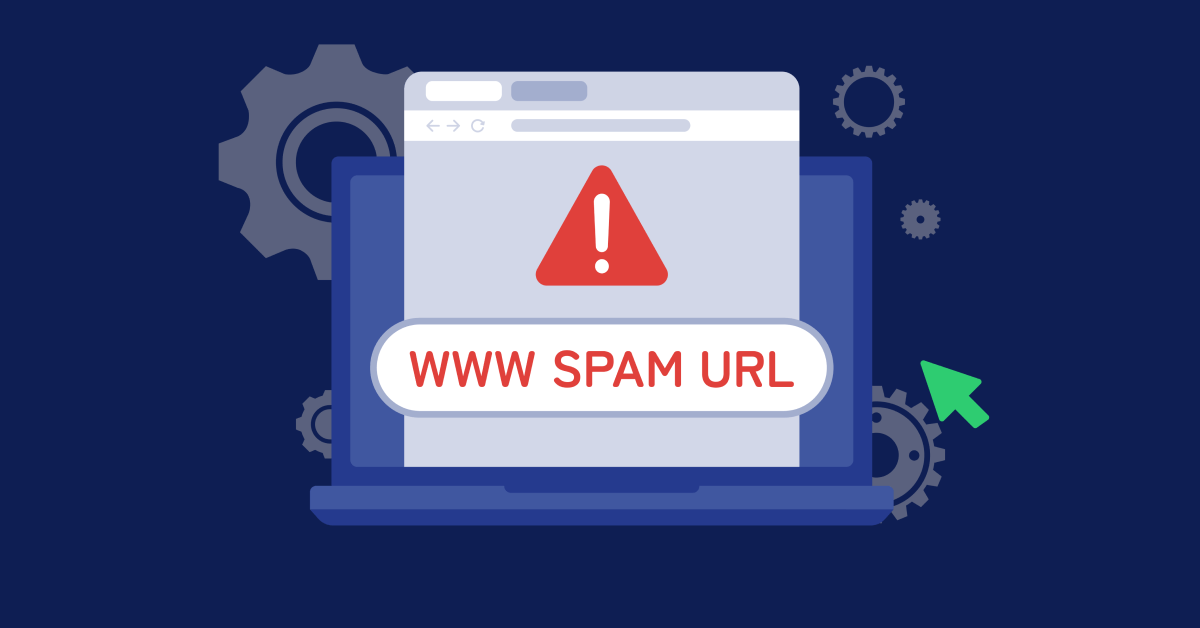More Relevant Results? Maybe
More Google Revenues? Likely
As Google continues to roll out expanded universal search listings, it will become increasingly difficult to achieve and maintain a strong natural search presence. The new search results will “incorporate information from a variety of previously separate sources – including videos, images, news, maps, books, and websites – into a single set of results” according to Google. Although Universal Search was rolled out in May, Google will gradually include a higher proportion of its local information, maps, images, video, and news results in the prime natural first page real estate.
Although the shift will be gradual, the addition of this content into the natural results means that it will be increasingly difficult to achieve or maintain your coveted first page ranking through traditional natural optimization tactics. Inbound links, metatags, and keyword density will still have their place in making pages pop undoubtedly, but savvy marketers will need to make sure they optimize different types of content as well to ensure continued visibility as the natural results continue to evolve. If maps, videos, images and other non-traditional listings continue to take natural real estate from the standard text listings, it will also be important to develop and optimize this content to at least ensure the opportunity to get the highly desirable above the fold natural real estate.
So how will the shift to universal results impact Google? Revenue.
PPC will become increasingly important for organizations that are currently ranked in the middle and lower portion of page one on Google for their key SEO terms. Now instead of competing with Wikipedia and more direct competitors within an industry, they are also competing with Google itself for a natural first page ranking. Organizations that typically invest more in natural SEO will begin to shift budgets to the paid side if they see universal results bumping their natural listings down to the second page or beyond for important, high frequency queries. When organizations invest in SEO efforts like keyword-centric content development and link-buying, Google loses out on those marketing dollars, so Universal Search certainly makes sense for Google’s shareholders.
The increasing PPC spend from dollars that previously funded SEO, coupled with the increase in the volume of advertisers, means a more highly competitive PPC market, and as a result, click costs will likely increase across the board. Natural SEO and PPC marketers alike will certainly be challenged as Universal Search expands, and the competition for the top paid listings will be amplified. PPC will become an even more crucial marketing tactic as natural rankings become harder to attain.
So is Universal Search really all about improving user experience? What do you think will happen to Google’s revenue if CPCs double? $500 a share might still be a good time to buy.





